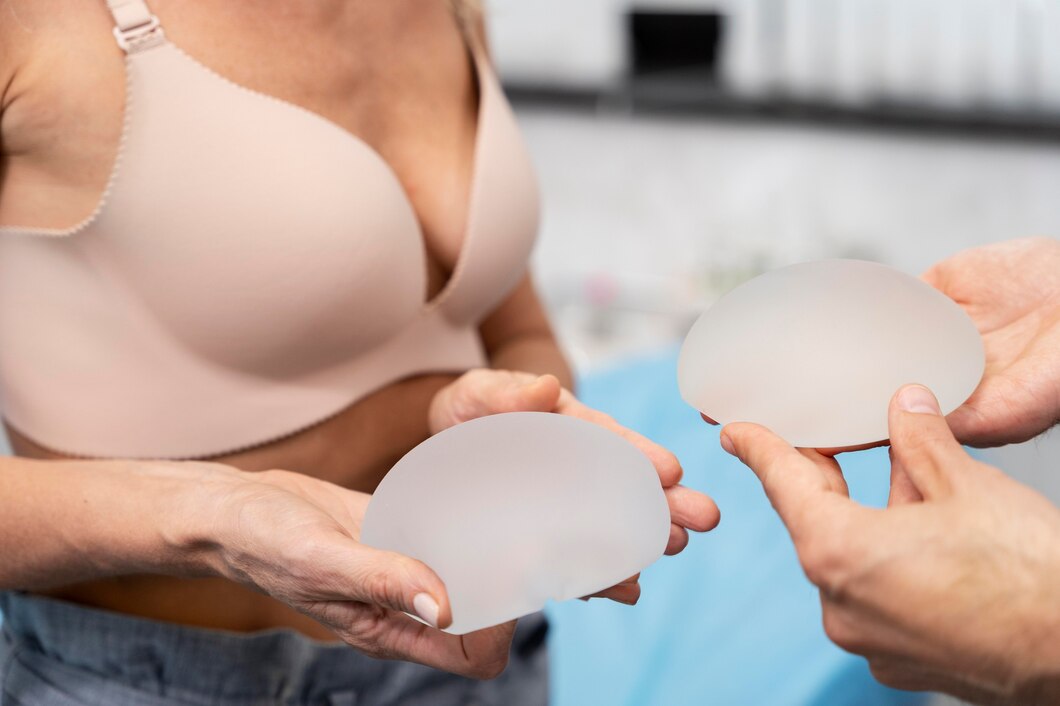Breast implants are a popular choice for women seeking to enhance their bust size, restore volume after pregnancy, or achieve a more balanced figure. However, with the benefits of breast augmentation come important considerations regarding safety and health. Here are 15 essential things South African women should know about breast implants and their safety.
1. Types of Breast Implants
There are two main types of breast implants: saline and silicone. Saline implants are filled with sterile saltwater, while silicone implants contain a gel-like substance that mimics the feel of natural breast tissue. Understanding the differences can help women make informed choices.
2. FDA Approval and Regulation
Both saline and silicone implants are approved by the South African Health Products Regulatory Authority (SAHPRA) and the FDA in the United States. It’s essential to choose implants that meet safety standards to ensure quality and performance.
3. Implant Lifespan
Breast implants are not considered lifetime devices. While many women keep their implants for 10 years or more, it’s recommended to have regular check-ups and consider replacement or removal if complications arise.
4. Potential Risks and Complications
Like any surgical procedure, breast augmentation carries risks, including infection, bleeding, scarring, and implant rupture or leakage. Understanding these risks is crucial for making an informed decision.
5. Capsular Contracture
Capsular contracture is a common complication where the scar tissue that forms around the implant tightens, causing discomfort or changes in appearance. This may require additional surgery to correct.
6. Implant Rupture
While rare, implant rupture can occur, leading to deflation in saline implants and possible changes in shape or size in silicone implants. Regular monitoring is essential to detect any issues early.
7. Regular Check-ups
Women with breast implants should schedule regular check-ups with their surgeon to monitor the condition of the implants. MRI scans are recommended for silicone implants to check for ruptures.
8. Choosing a Qualified Surgeon
Selecting a board-certified plastic surgeon with experience in breast augmentation is vital. Researching credentials and reviewing before-and-after photos can help ensure you find a qualified professional.
9. Informed Consent
Before undergoing breast augmentation, women should receive comprehensive information about the procedure, including risks, benefits, and alternatives. Signing an informed consent form is essential to acknowledge understanding.
10. Post-Operative Care
Following surgery, it’s crucial to follow your surgeon’s post-operative care instructions to minimize complications and promote healing. This includes wearing a supportive bra and avoiding strenuous activities for a specific period.
11. Impact on Breastfeeding
Breast augmentation may affect breastfeeding in some women. While many can breastfeed successfully after surgery, it’s essential to discuss concerns with your surgeon during the consultation.
12. Self-Examination and Awareness
Women with breast implants should continue regular breast self-exams and report any changes, such as lumps or unusual pain, to their healthcare provider. Early detection is key to addressing potential issues.
13. Emotional Considerations
Undergoing breast augmentation can have emotional implications. Many women experience increased self-esteem and body confidence, but it’s essential to be prepared for the psychological impact of physical changes.
14. Alternatives to Implants
For women seeking breast enhancement, there are alternatives to implants, such as fat transfer procedures. This method uses the patient’s fat to enhance breast volume and can provide a more natural look and feel.
15. Understanding Costs
The cost of breast implants varies based on several factors, including the surgeon’s experience, the type of implants used, and additional costs for anesthesia and facility fees. It’s essential to consider these factors and plan accordingly.
Breast implants can enhance a woman’s appearance and boost self-confidence, but understanding the safety considerations is crucial. By being informed about the types of implants, potential risks, and the importance of choosing a qualified surgeon, South African women can make educated decisions about breast augmentation. With proper care and monitoring, breast implants can provide satisfying results and enhance quality of life.







